Plenary speakers
Conference 1
John Monaghan (University of Agder, Norway; University of Leeds, England) & Luc Trouche (French Institute of Education, Ecole normale supérieure de Lyon)
Using tools for doing mathematics vs. using tools for teaching mathematics, differences and similarities
Drawing from the experience of writing a book with a research mathematician (*), we will highlight the variability of tool use for achieving a mathematical task, depending on the user and on the finality of the activity encompassing this task. This reflection will lead us to evidence some conditions for a fruitful use of tools in the context of learning/teaching mathematics.
(*) Monaghan, J., Trouche, L., & Borwein, J. (2016). Tools and mathematics, instruments for learning. Springer
|
 |
Conference 2
Chronis Kynigos (University of Athens, Greece)
| Designing for mathematical meaning-making: a case for integrating theories, concepts, digital resource affordances, and teacher roles
The talk will address a common thread in four distinct issues relevant to the task of designing learning environments for mathematical meaning making with the use of digital media: that is, the challenge and the value of integrated approaches. With respect to theory, a case will be shown where Boundary Crossing was complementary to Documentational Genesis to understand teachers' collaborative designs for constructionist mathematics. Vergaud's 'conceptual fields' construct will be reconsidered as a tool for embedding integrated concepts in digital artefacts. With respect to technologies three cases will be shown integrating programmable math with dynamic manipulation with MaLT-Turtlesphere, repository architectures with re-mixing of micro-experiments with the Greek Photodendro portal, e-book stories with constructionist widget instances using the M C Squared project c-book technology. Finally, new roles for mathematics teachers will be considered in diverse communities of interest, i.e. CoI rather than CoP, collaboratively designing digital resources.
|
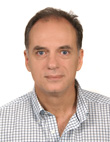 |
Conference 3
Paul Drijvers, Utrecht University’s Freudenthal Institute and a part-time research scientist at Cito, a Dutch testing and assessment institute.
|
Digital assessment of mathematics: issues, opportunities and criteria
Over recent years, digital assessment of mathematics has become quite common. Large scale tests such as PISA and TIMSS are, or are planned to be, administered online. From a mathematics didactics point of view, however, it is not self-evident that digital assessment is a step ahead compared to traditional paper-and-pencil assessment. In this presentation we will address some issues and opportunities, and identify criteria for authentic digital assessment of mathematics. These ideas will be illustrated with examples from an online diagnostic test in the Netherlands.
|
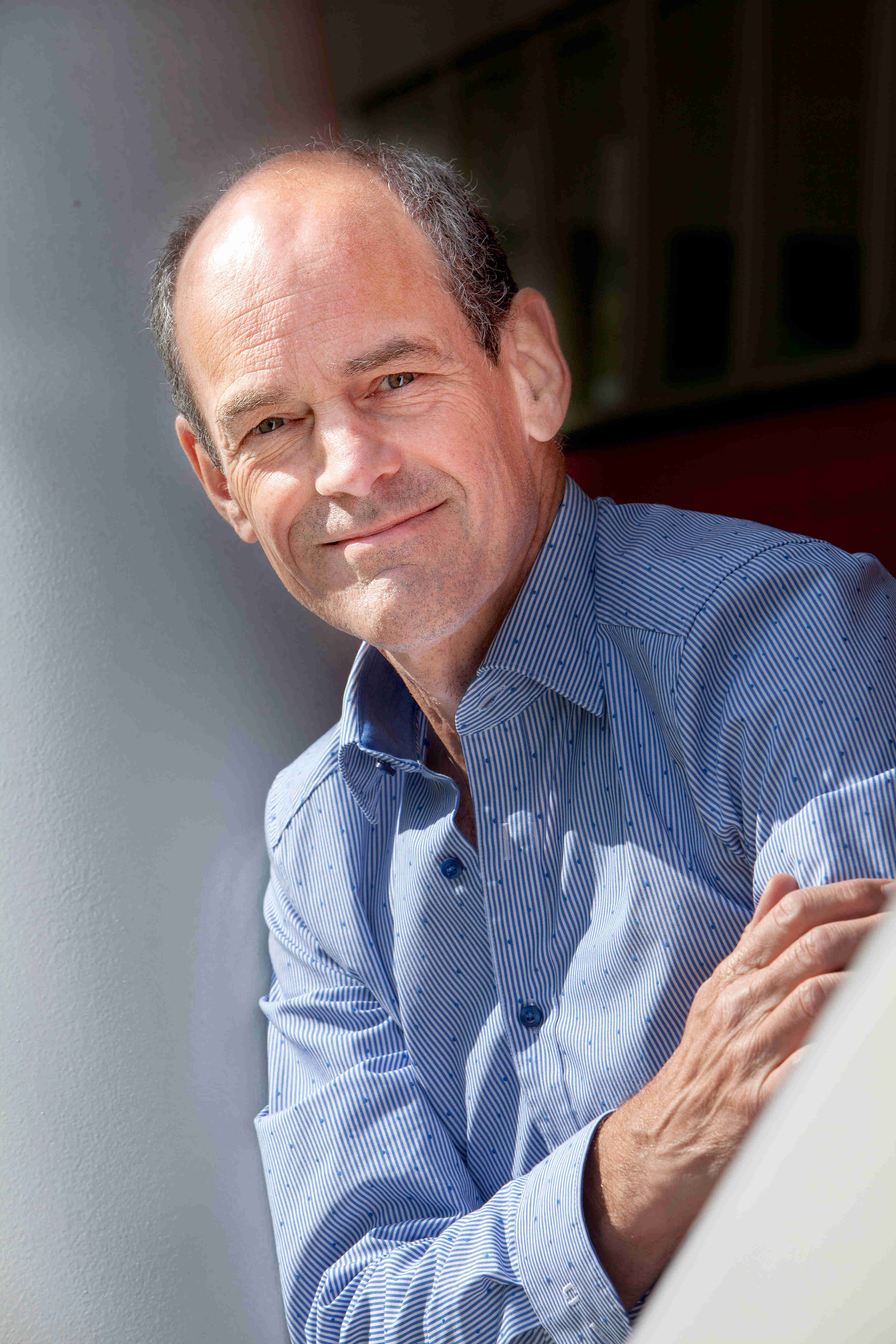 |
Conference 4
Ana Isabel Sacristan (Cinvestav-IPN, Mexico)
|
Technological innovations in schools: the gap between theory and practice.
Over the past 30 years, many proposals have been made for technological implementations in mathematics education. In particular, I will focus here on the constructionist paradigm, and discuss the difficulties of putting into practice in schools, the theoretical ideas and proposals, some of which may have been successful in experimental situations, into real-life school environments.
|
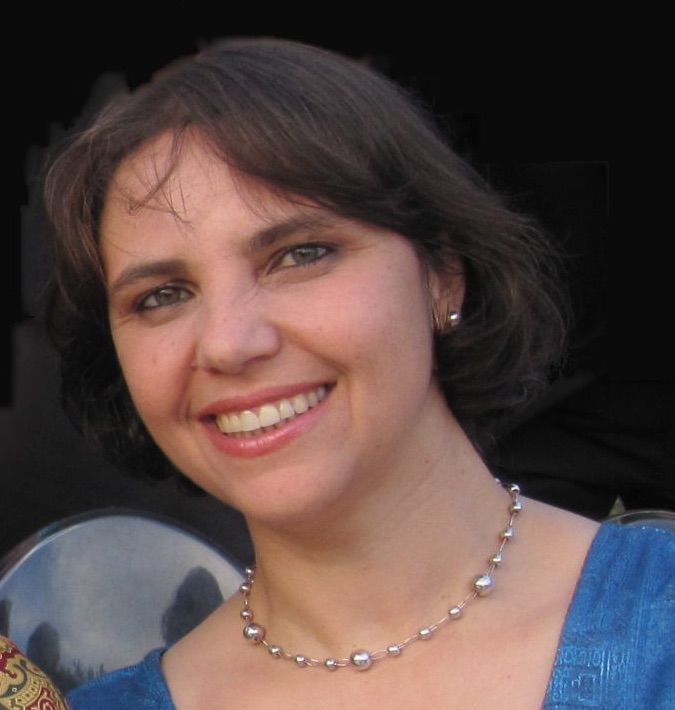 |
Round table
The round table on the theme of formative assessment and technology
will be introduced and moderated by Gilles Aldon (IFÉ-ENS de Lyon, France)
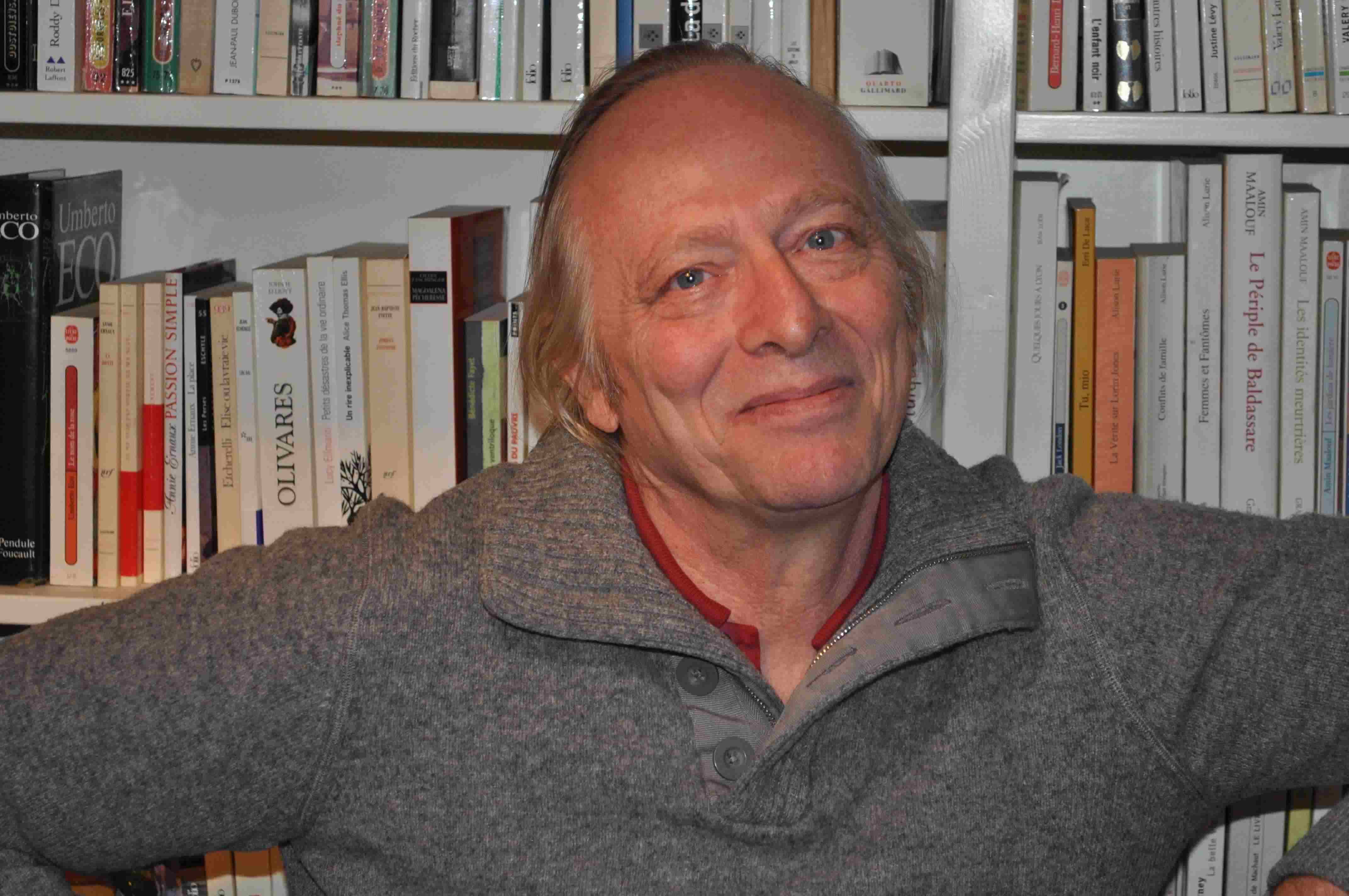
Summary : FaSMEd is a design research project in science and mathematics education. The focus is on supporting teachers in the use of formative assessment, supported by the use of technology, with low achieving students. During this panel, the results of the work done in different countries (France, Germany, Italy, UK) will be presented and particularly, the theoretical framework of FaSMEd which takes into account three main dimensions that make it possible to characterise and analyse technology enhanced formative assessment processes.
Panelists
| Baerbel Barzel (University of Essen, Germany) |
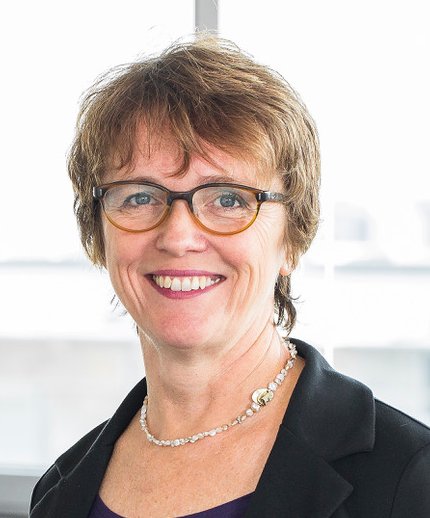 |
| Monica Panero (IFÉ-ENS de Lyon and INVALSI) |
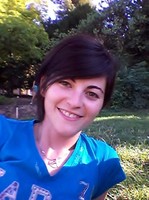 |
| Cristina Sabena (University of Turin, Italy) |
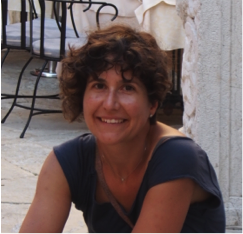 |
| David Wright (University of Newcastle, UK) |
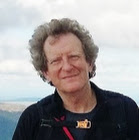 |





